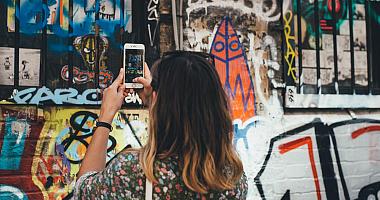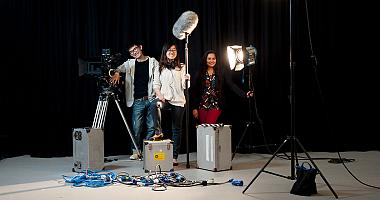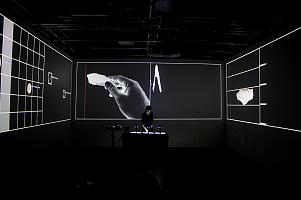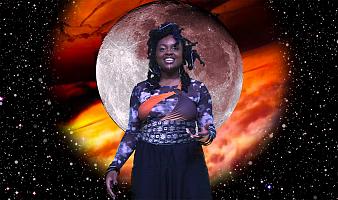Course information
Department
Length
1 year full-time
Course overview
Photography is a key medium of the 21st century. We record every aspect of our lives with smartphone cameras, consume knowledge through image flows, are exposed to constant surveillance via security cameras while feeding computer databases with our social media images.
Photography itself is undergoing a radical transformation in its encounter with CGI (computer generated images) and AI (artificial intelligence). This MA programme gives practitioners and theorists the opportunity to research and develop the new boundaries of image-making made possible by technological change within the context of post-industrial culture.
The programme joins theory and practice, equipping you to develop and achieve highly in the new image media culture. The practice uses both digital and analogue technology, still and durational photography, as well as the study and production of interactivity.
It also allows for specialisation in photography and/or electronic arts – which, in addition to still photography, can include interactive, durational, and internet work – but encompasses a broader interpretation of practice. You'll look at the meaning, production, and distribution of images in their present and historical contexts, and at the relationship between theory and practice in image production and management.
You will also participate in enabling sessions in photography:
- medium/large format cameras
- portable and studio lighting technologies and their use
- film technology
- cinematography
- digital imaging
- output systems and processes
and/or in electronic arts:
- computer and video graphics
- post-production
- computer-aided design
- digital publishing
- animation
- animatics
- 2D and 3D computer animation
- still and durational image production and manipulation
- web construction
- interactivity
The Department of Media, Communications and Cultural Studies has been ranked 2nd in the UK for 'world-leading or internationally excellent' research (Research Excellence Framework, 2021) and 16th in the world (3rd in the UK) in the 2024 QS World Rankings for communication and media studies.
Contact the department
If you have specific questions about the degree, contact Jacob Love.





